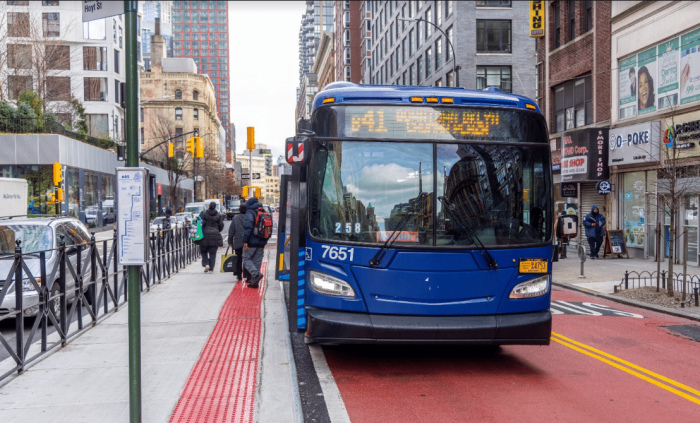By Kenneth Kowald
I began this series on our malfunctioning state Senate and the Queens Three — Sen. Malcolm Smith (D-St. Albans), former Sen. Hiram Monserrate and Sen. Frank Padavan (R-Bellerose) — who assisted in that chaos with a comment by former Mayor Ed Koch about “banana republics.” I end with a consideration of community as it applies to ethnic politics in Queens and the city.
The definition of “community,” according to one of my dictionaries, is people living in the same district, city, etc., under the same laws.
Ethnic politicians and ethnic activists have been using the term community to exaggerate their power to outsiders and gain power when needed. Monserrate used it many times in his political career. He spoke, he claimed, for his community.
In many instances, this is a facade. These people speak, for the most part, for themselves and a small group of followers and sycophants.
I first realized this some years ago when I served on a mayoral commission studying the health care situation in New York City. The members of the commission came from a broad and diverse segment of the city. One was a bright and articulate young woman who used the term community as a threat every time she spoke. She was, she told us, speaking for her community, one of the ethnic groups in the city.
There came a time when her bluff was called by the commissioner of health on a matter of concern to the constituents she was supposedly representing. When the time came to produce significant support for the matter, she came up short. It seems the community she represented was herself and a handful of followers.
Sen. Pedro Espada Jr. (D-Bronx), who was allowed to become Senate majority leader with the aid of Smith, Monserrate and Padavan, is involved in a major civil lawsuit filed by the state attorney general and is being investigated by the federal government and the Bronx district attorney. Criminal charges could follow. This gem of integrity tells you all the time about how he serves his community.
We will hear this word more and more as ethnic politics is played out in Queens, as it played out when the Democratic leadership first chose Monserrate to be its standard bearer. After finally being expelled by the Senate, he had the gall to seek re-election, but he was soundly defeated.
This hydra-like political misfit has vowed to rise again. Will someone please find him a job? Perhaps as a counter of broken glass in a factory? As far away from Queens as possible, please.
While we are at it, might it not be a good idea for the Internal Revenue Service to look into possible violations of tax exemption privileges of some of the churches represented by the clergy who supported Monserrate so vociferously? Were church resources used to help him? Separation of church and state continues to be a bedrock of American democracy and when the principle is violated, we are all in danger.
To end the series, here — for now — is a final political quotation.
Edmund Burke, the great parliamentarian and friend of the American colonists, wrote this in 1774 to the Electors of Bristol: “Your representative owes you, not his industry only, but his judgment; and he betrays, instead of serving you, if he sacrifices it to your opinion.”
Burke lost the next election.


































